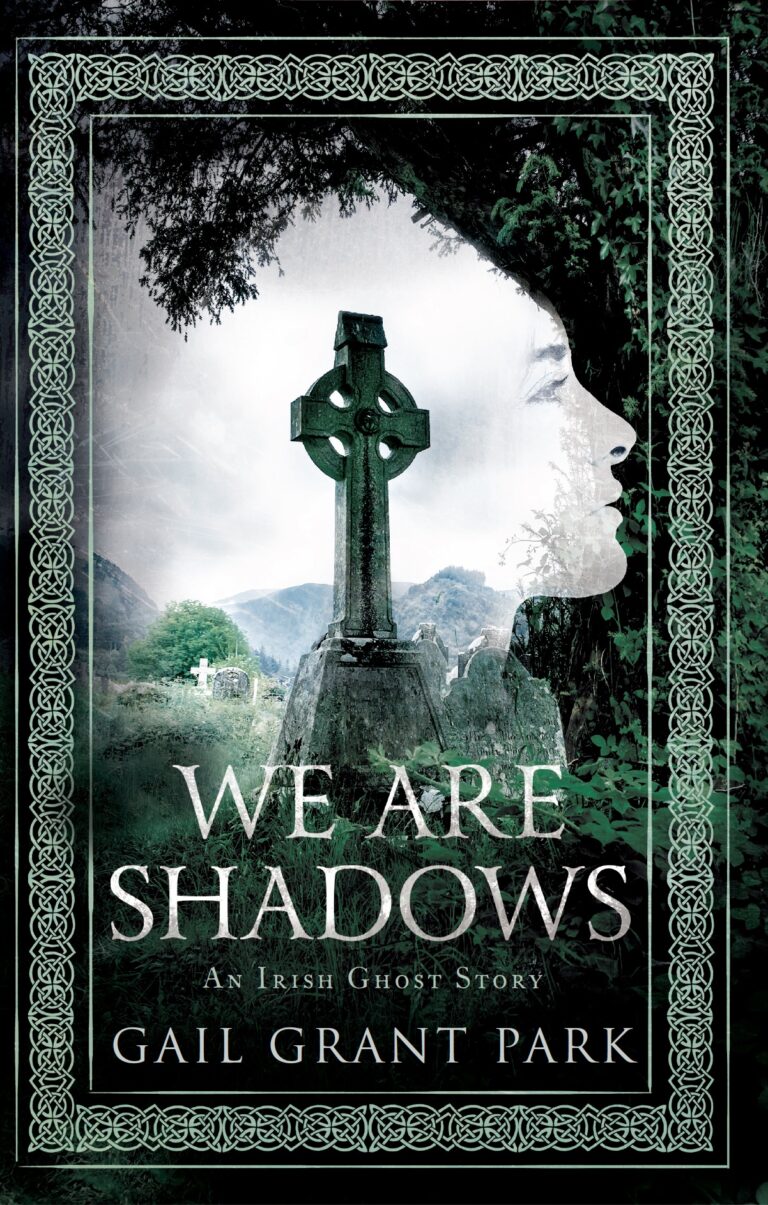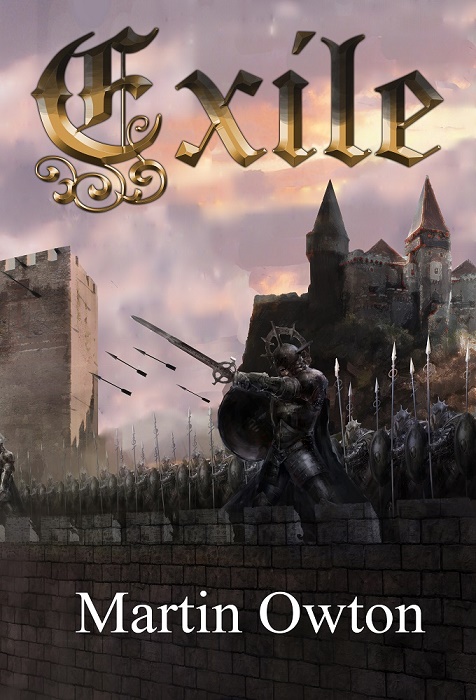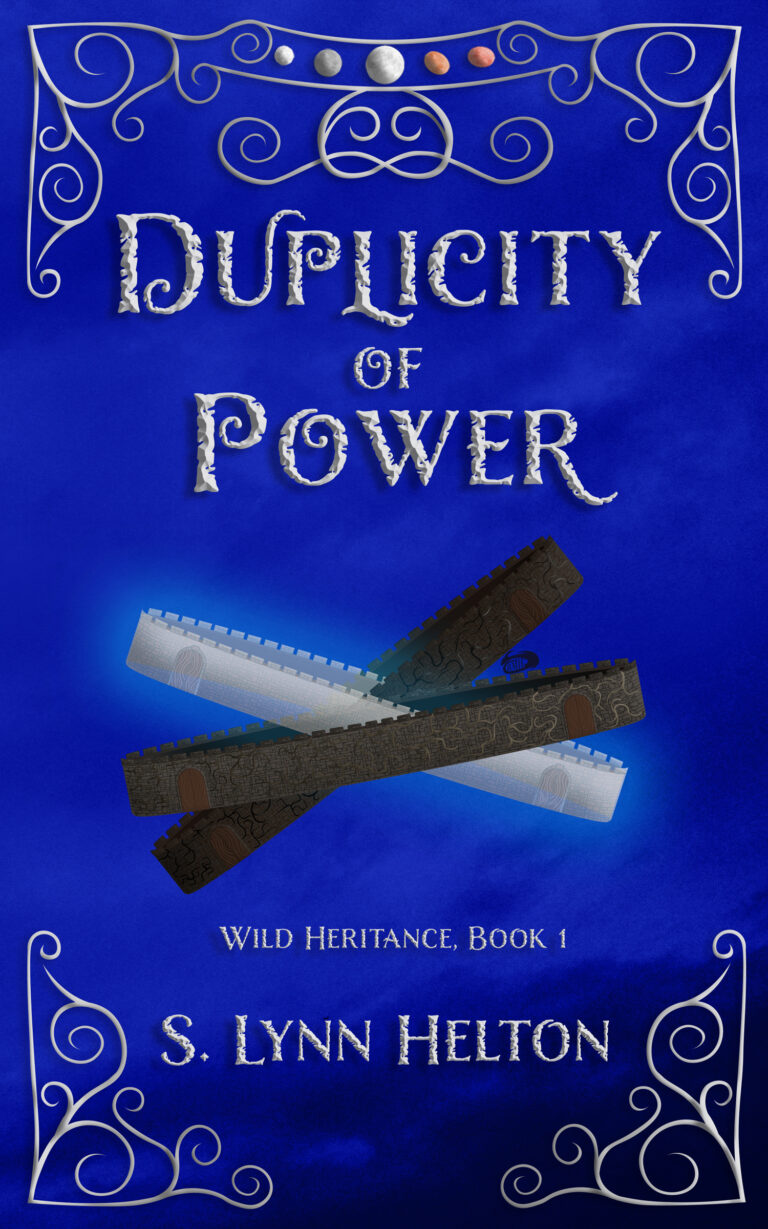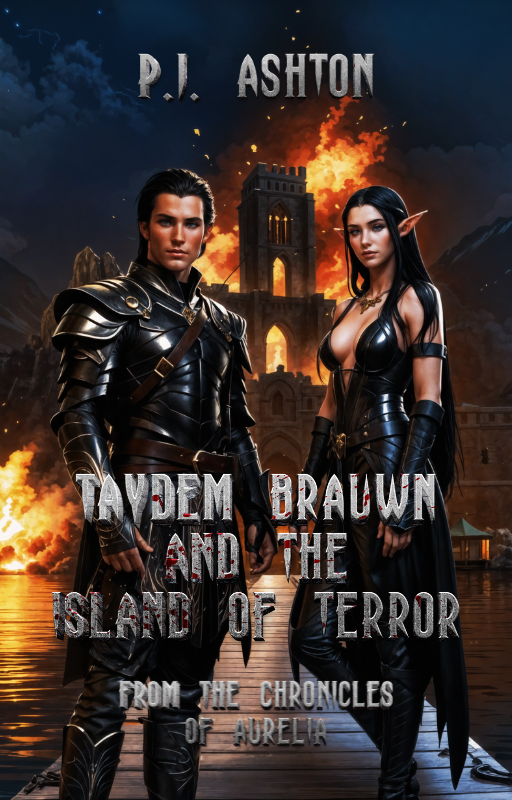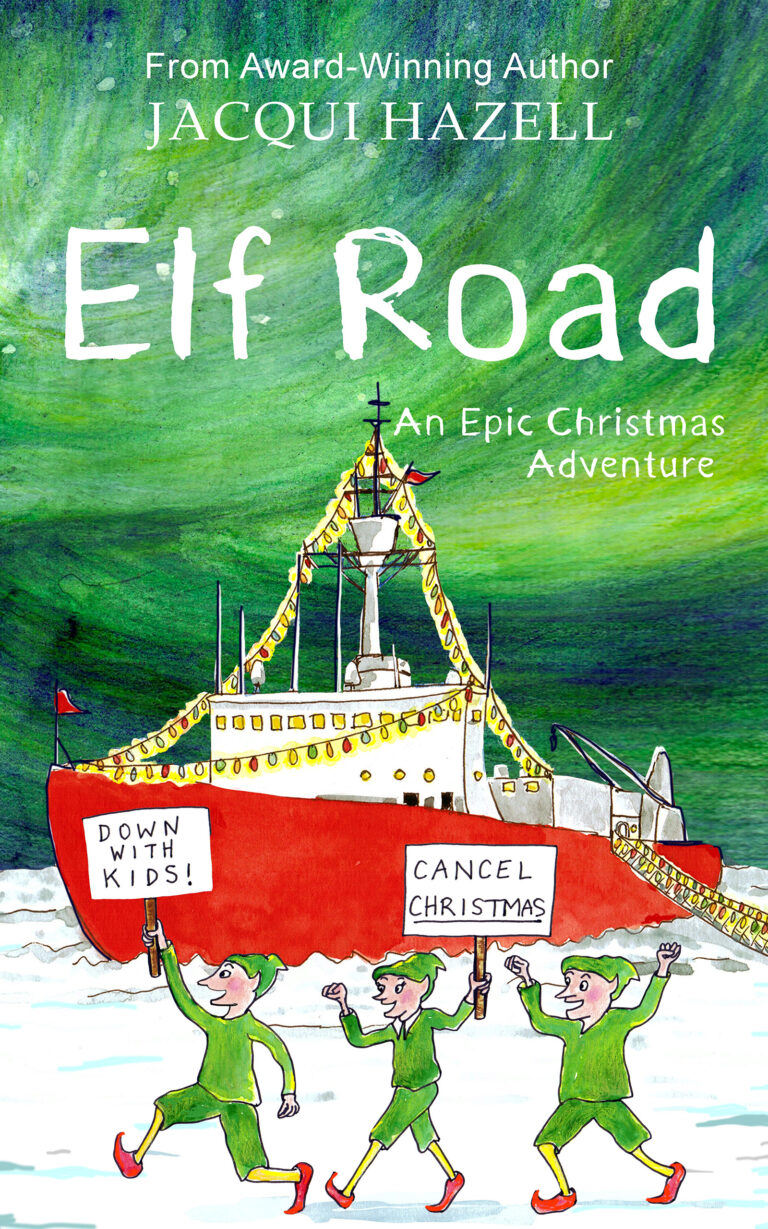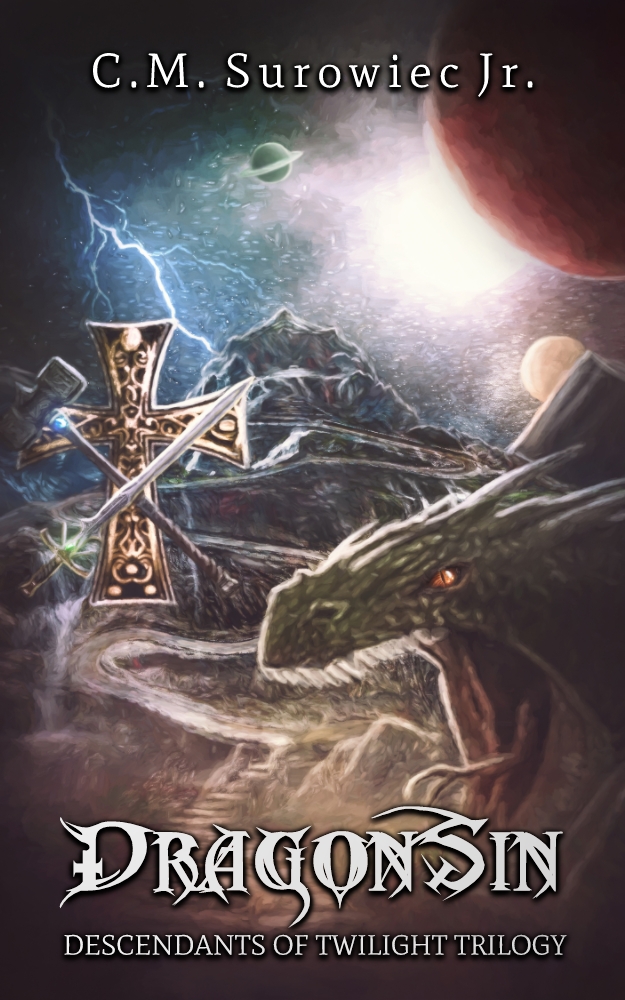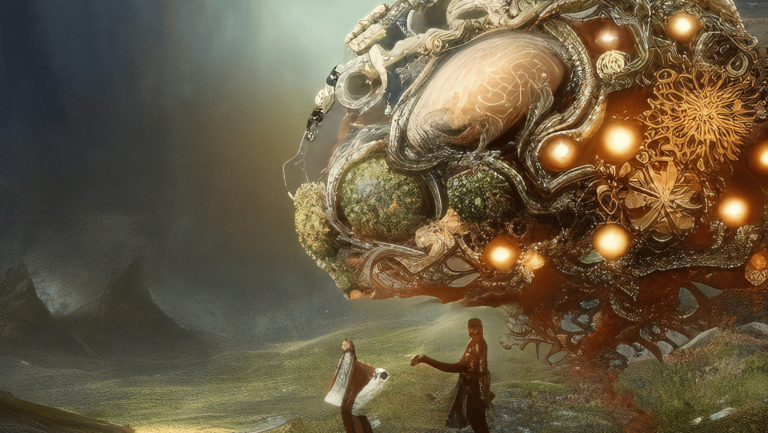Spoiler and Bias Disclaimer: This analysis may contain spoilers and the presence of bias for J.R.R. Tolkien’s “The Lord of the Rings” trilogy.
Effective character development is a hallmark of great literature, and J.R.R. Tolkien’s “The Lord of the Rings” trilogy is a prime example of this. The transformation of Frodo Baggins throughout the epic saga showcases the depth and complexity of character development in a masterful way.
When readers are first introduced to Frodo in “The Fellowship of the Ring,” he is portrayed as a simple hobbit living a quiet life in the Shire. Content with his peaceful existence, he enjoys the company of his friends and the comforts of home. However, Frodo’s life takes a drastic turn when he inherits the One Ring from his uncle, Bilbo Baggins.
From this moment on, Frodo’s character development becomes central to the narrative. As he embarks on his journey to destroy the Ring, Frodo undergoes profound changes, both physically and emotionally. One of the most significant aspects of Frodo’s transformation is his growing sense of responsibility and burden. Initially, he sees the Ring as merely a curious and valuable object, but as he learns more about its true nature and the threat it poses to Middle-earth, he understands the weight of his task.
Throughout the trilogy, Frodo grapples with the corrupting influence of the Ring. He experiences moments of doubt, fear, and despair as he faces numerous challenges and obstacles on his quest. Yet, despite the overwhelming odds stacked against him, Frodo remains resolute in his determination to fulfill his mission, demonstrating his courage and inner strength.
One of the key themes of Frodo’s character development is the concept of sacrifice. As the Ringbearer, Frodo must sacrifice his own comfort, safety, and even his own sense of self to save Middle-earth. He endures physical pain, emotional turmoil, and the loss of his innocence as he inches closer to Mount Doom, where the Ring must be destroyed. Frodo’s willingness to sacrifice everything for the greater good exemplifies his heroic nature and makes him a compelling and relatable protagonist.
Another aspect of Frodo’s character development is his relationships with the other characters in the story, particularly his loyal companions in the Fellowship. Frodo’s bond with Samwise Gamgee, in particular, undergoes significant growth throughout the trilogy. Sam’s unwavering loyalty, courage, and friendship serve as a source of strength and support for Frodo, helping him carry the burden of the Ring when it becomes too heavy to bear alone.
By the end of the trilogy, Frodo emerges as a changed hobbit. He has been tested and tempered by his experiences, and while he may never fully recover from the physical and emotional scars he has endured, he has proven himself to be a true hero. Frodo’s transformation from a simple hobbit to the savior of Middle-earth is a testament to the power of character development in storytelling and cements his place as one of literature’s most iconic protagonists.


